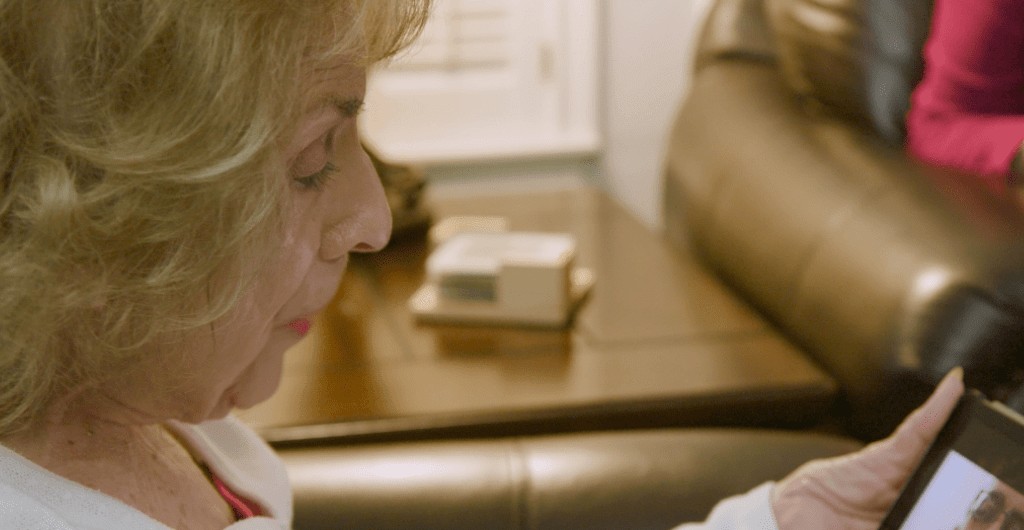
UK’s Technological Response to the COVID-19 Health Care Crisis
According to British charities, COVID-19 is creating chaos, crisis, and devastation across the United Kingdom. The total deaths in the country are updated daily, but they are strictly a tally of deaths that have occurred in hospitals. The higher number of deaths that are published weekly by the statistics office includes lives that were lost to the virus within nursing homes. Government officials report that novel coronavirus outbreaks have occurred in an eighth of the care home in the United Kingdom.
If this crisis has proven nothing else in the UK, it has become evident that clear and concrete leadership is needed regarding the tumultuous state of health care in the country. Mid-pandemic, authoritative figures in the government should be upholding their responsibility to find and solve the core issue of the crisis and then begin planning and implementing risk prevention so that the problem will not return causing a second wave of sickness.
Demand for Telemedicine Explodes in Response to the COVID-19 Crisis
Common illnesses and medical needs that were once seen one-by-one as they sat in a waiting room for their name to be called are now being taken care of through video or telephone visits as the pandemic aggressively has taken over Britain. Medical offices are now danger zones for anyone who is not suspected of being COVID positive.
In a matter of just days, the new definition of health care delivery was awaiting primary care doctors across the globe. Initially, telehealth was a matter of safety concerning contamination risk. Telemedicine has quickly made its way to the forefront of global healthcare delivery for family doctors as they attempt to treat everyday illnesses and diagnose new medical issues for their patients that could end up costing additional lives from non-COVID related issues.
General practitioners have witnessed ten years of technological advancement unfurl before them in the United Kingdom in a matter of one week. Up until the emergence of the novel coronavirus, healthcare has been administered the same way it has been for centuries. You go to your doctor and the doctor assesses and diagnoses your problem and then tells you what to do to get better. This is not the way things are done anymore, nor will that ever be the majority norm again. Where GP doctors in the UK once saw 95% of their patients in the office before the pandemic, they are now 99% virtually based and all attest that they will never go back to the way things were. Telemedicine is the new normal.
Technology Responds and Moves into the Spotlight
UK-based startup AccuRx swiftly sprang into action to aid in the fight against COVID-19 and be a part of the mission of hindering the aggressive spread of the virus by offering telehealth options for GPs across the nation. General practitioners widespread had known of the option to treat their patients through remote video consultations for years, but the global spread of the novel coronavirus pushed all of them to step into the future of medicine.
In a matter of one weekend, AccuRx built their own video chat tool that they are offering free to practitioners. The platform also gives physicians the option to have their patients answer survey questions and has an option for requesting photos for the purpose of assessment and diagnosis.
Slow Progress of UK’s NHS’ Technological Change
The United Kingdom’s National Health Service has seemed as though they are resistant to change. Doctors across the nation are amazed at how a crisis situation has shown them how quickly telemedicine can be implemented with efficiency. The major consensus of physicians across the nation agree that the NHS has requirements in place that have limited the funding that is available to push the much-needed technology that is readily available into the healthcare mainstream. technology that is readily available into the healthcare mainstream.
With the healthcare system operating on risk prevention rather than opportunity, it has gridlocked progress for the nation. AccuRx was known for text-messaging service that connected general practitioners with their patients prior to this crisis. Now that virtual doctor’s appointments are being offered, over 400,000 consultations have been performed through their platform which comes out to an average of 35,000 virtual visits each day.
eConsult does their Part in the COVID-19 Battle
Health care providers across the nation are in a state of desperation with their attempts to keep viral patients separated from patients with every day maladies in order to contain the virus. Family doctor’s routines have changed in a drastic way, but most UK physicians like the way things are and do not want to go back to the old way of providing care to their patients. eConsult has offered their platform for online consultation services for NHS general practitioners. Prior to the pandemic, they were averaging 300 consultations per month. They are now processing 3,000 consultations per hour.
Telemedicine Funding
Similar movements toward the usage of telemedicine are widespread across the globe. The United States government released a stimulus package that allows for their citizens to receive telehealth and telemedicine visits at no additional cost other than what they pay out of pocket when they visit a doctor in the office.
The UK is offering £20 million in grant money for designers, developers, scientists, and doctors to develop technology and equipment that will boost resilience for critical industries to not just survive, but thrive, during national crises such as this pandemic. Grants of up to £50,000 for startups and businesses that are developing such tools are available to applicants. Applicants should not apply unless they are ready to kickstart their project no later than June of 2020.
The demand for telehealth and telemedicine will continue to be high after the pandemic has receded. It is not a matter of if the next crisis will arrive, it is a matter of when and healthcare providers across the United Kingdom want to be ready.










